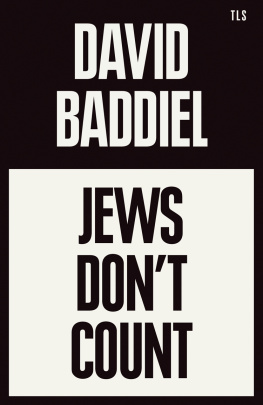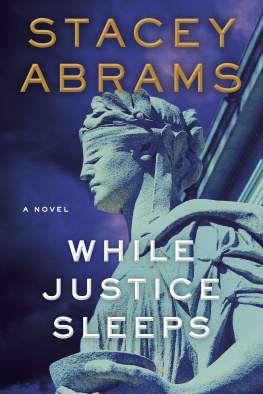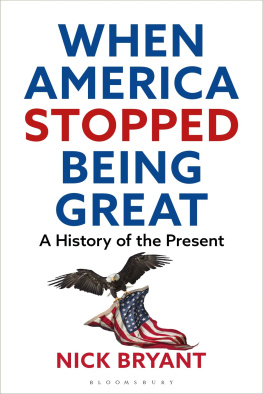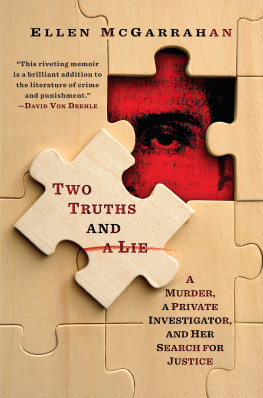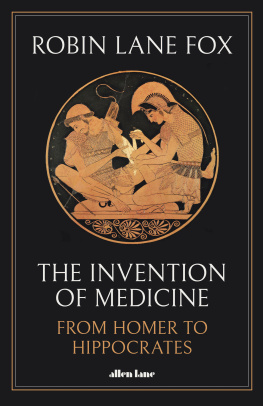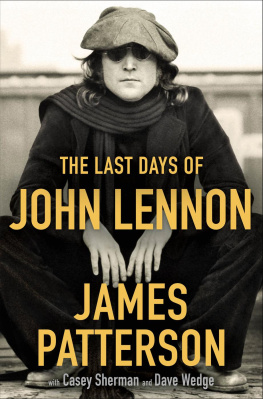David Baddiel - Jews Dont Count
Here you can read online David Baddiel - Jews Dont Count full text of the book (entire story) in english for free. Download pdf and epub, get meaning, cover and reviews about this ebook. year: 2020, publisher: HarperCollins Publishers, genre: Art. Description of the work, (preface) as well as reviews are available. Best literature library LitArk.com created for fans of good reading and offers a wide selection of genres:
Romance novel
Science fiction
Adventure
Detective
Science
History
Home and family
Prose
Art
Politics
Computer
Non-fiction
Religion
Business
Children
Humor
Choose a favorite category and find really read worthwhile books. Enjoy immersion in the world of imagination, feel the emotions of the characters or learn something new for yourself, make an fascinating discovery.
- Book:Jews Dont Count
- Author:
- Publisher:HarperCollins Publishers
- Genre:
- Year:2020
- Rating:4 / 5
- Favourites:Add to favourites
- Your mark:
- 80
- 1
- 2
- 3
- 4
- 5
Jews Dont Count: summary, description and annotation
We offer to read an annotation, description, summary or preface (depends on what the author of the book "Jews Dont Count" wrote himself). If you haven't found the necessary information about the book — write in the comments, we will try to find it.
Jews Dont Count — read online for free the complete book (whole text) full work
Below is the text of the book, divided by pages. System saving the place of the last page read, allows you to conveniently read the book "Jews Dont Count" online for free, without having to search again every time where you left off. Put a bookmark, and you can go to the page where you finished reading at any time.
Font size:
Interval:
Bookmark:

The Times Literary Supplement was born in January 1902. Its first ever front page bashfully stated that during the Parliamentary session Literary Supplements to The Times will appear as often as may be necessary in order to keep abreast with the more important publications of the day. Fortunately, the question of necessity was not left in the hands of literary journalists (who, we can imagine, might occasionally push for a holiday or two), and the title became a weekly one. A few years later, the TLS split entirely from The Times.
Since then, we have prided ourselves on being the worlds leading magazine for culture and ideas. Our guiding principle for the selection of pieces remains the same as it ever has been: is it interesting; and is it beautifully written? Over the years, our contributors have included the very best writers and thinkers in the world: from Virginia Woolf to Seamus Heaney, Sylvia Plath to Susan Sontag, Milan Kundera to Christopher Hitchens, Patricia Highsmith to Martin Scorsese.
The book you are holding is part of a brand-new imprint, TLS Books, by which we are striving to bring more beautiful writing to a wider public. We hope you enjoy it. If you want to read more from us, youll find a special trial subscription offer to the TLS at the back of this book.
In an ever-quickening culture of flipness and facility, fake news and Facebook, the TLS is determined to be part of the counter-culture of quality. We believe in expertise, breadth and depth. We believe in the importance of ideas, and the transformative power of art. And we believe that, in reading the TLS in whatever form, be it in a magazine, online or in a book you are supporting a set of values that we have been proud to uphold for more than a hundred years. So thank you for that.
Stig Abell, Editor-in-Chief, TLS Books
London, 2021
The Death of Eli Gold
The Secret Purposes
Whatever Love Means
Time for Bed
FOR CHILDREN
Future Friend
The Taylor Turbochaser
Head Kid
Birthday Boy
AniMalcolm
The Boy Who Could Do What He Liked
The Person Controller
The Parent Agency
TLS Books
An imprint of HarperCollinsPublishers
1 London Bridge Street
London SE1 9GF
The-TLS.co.uk
HarperCollinsPublishers
1st Floor, Watermarque Building, Ringsend Road,
Dublin 4, Ireland
First published in Great Britain in 2021 by TLS Books
Copyright David Baddiel 2021
David Baddiel asserts the moral right to be identified as the author of this work in accordance with the Copyright, Designs and Patents Act 1988
Jacket design by Ellie Game
A catalogue record for this book is available from the British Library
All rights reserved under International and Pan-American Copyright Conventions. By payment of the required fees, you have been granted the non-exclusive, non-transferable right to access and read the text of this e-book on-screen. No part of this text may be reproduced, transmitted, down-loaded, decompiled, reverse engineered, or stored in or introduced into any information storage and retrieval system, in any form or by any means, whether electronic or mechanical, now known or hereinafter invented, without the express written permission of HarperCollins.
Source ISBN: 9780008399474
Ebook Edition February 2021 ISBN: 9780008399498
Version: 2020-12-23
To my mother, Sarah Fabian-Baddiel,
who never failed to make herself count.
Im going to give you some examples of a recurring phenomenon. My publisher here is the Times Literary Supplement, so lets begin with a literary example. In August 2020, the British newspaper the Observer, which, along with its sister paper the Guardian, is politically the most progressive mainstream news outlet in the country, published a review of the screenwriter Charlie Kaufmans first novel Antkind, by a critic called Holly Williams. It wasnt a very positive review, criticising the book mainly because the narrator operates from what Williams calls a white-male-cis-het perspective. In other words self-evidently white, male and, less self-evidently, possessed of a gender that is neither trans nor non-binary, and a sexuality that is straight. Anyone occupying this square of characteristics is considered, by those who assume that all social structures are underpinned by power, privileged. White-male-cis-hets have four head starts in life. A book written from a white-male-cis-het perspective would routinely be marked down by a platform like the Observer, keen always to re-centre the cultural conversation away from that square.
However, the narrator in Antkind is called B. Rosenberger Rosenberg. He describes himself early on as having a rabbinical beard, as Jewish-looking; perhaps even more of a giveaway, at one point he wears a tie with the slogan 100% Kosher. There are numerous occasions when other characters behave anti-Semitically towards him, assuming his behaviours tally with Jewish stereotypes, whispering Jew under their breath as he leaves rooms, or shouting Fuck you, Hebrew! directly at him. But in the Observer review, theres no mention of his Jewishness, or the issue of Jewishness in the book in general, despite it including thank you, Kindle sixty mentions of the word Jew, and ninety of the word Jewish. And, of course, Charlie Kaufman himself is Jewish.
But I guess none of this, for Holly Williams, has any bearing on B. Rosenberger Rosenbergs white-male-cis-het perspective: no bearing, that is, on his privilege.
Here is another example, this time from the Danish comedian Sofie Hagen. In a very good 2019 short film she made about body positivity, Hagen recites a list of the most oppressed people in society, a list that includes: Black people and people of colour, queer people, trans people, Muslims and people with disabilities. Which indeed is a pretty good stab at covering the waterfront of what many progressives would consider to be the most oppressed groups, the most persecuted minorities, in society.
But it misses out one persecuted minority, one of the most persecuted minorities in history. Now. Imagine that the main character in Antkind belonged to any of these minorities that Hagen mentions. The central premise of the Observer review that the problematic issue with Antkind is that it is written from a white-male-cis-het perspective would dissolve, and with it, most of the reviews negativity. Which means that despite the history of persecution, there is only one minority that, for the privilege-checkers, stays firmly in the square of privilege.
Time for a high literary example: on New Years Day 2017, BBC Radio 4 broadcast Jeremy Irons reading from the complete collection of T. S. Eliots poems, almost in their entirety. Anyone who knows Eliots poetry will know that reading all of his poems means the inevitable inclusion of these lines from Gerontion:
My house is a decayed house,
And the Jew squats on the window sill, the owner,
Spawned in some estaminet of Antwerp,
Blistered in Brussels, patched and peeled in London.
And from Burbank with a Baedeker: Bleistein with a Cigar:
The rats are underneath the piles.
The Jew is underneath the lot.
I remember listening, and wondering how the BBC would get round this. When it came to these particular poems, they enlisted the help of Anthony Julius, a Jewish lawyer, and the author of T. S. Eliot, Anti-Semitism and Literary Form
Font size:
Interval:
Bookmark:
Similar books «Jews Dont Count»
Look at similar books to Jews Dont Count. We have selected literature similar in name and meaning in the hope of providing readers with more options to find new, interesting, not yet read works.
Discussion, reviews of the book Jews Dont Count and just readers' own opinions. Leave your comments, write what you think about the work, its meaning or the main characters. Specify what exactly you liked and what you didn't like, and why you think so.

